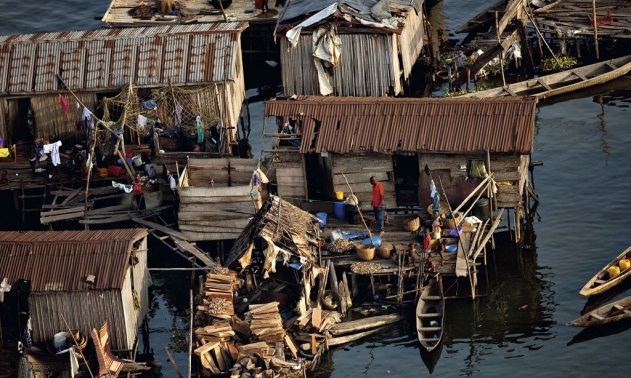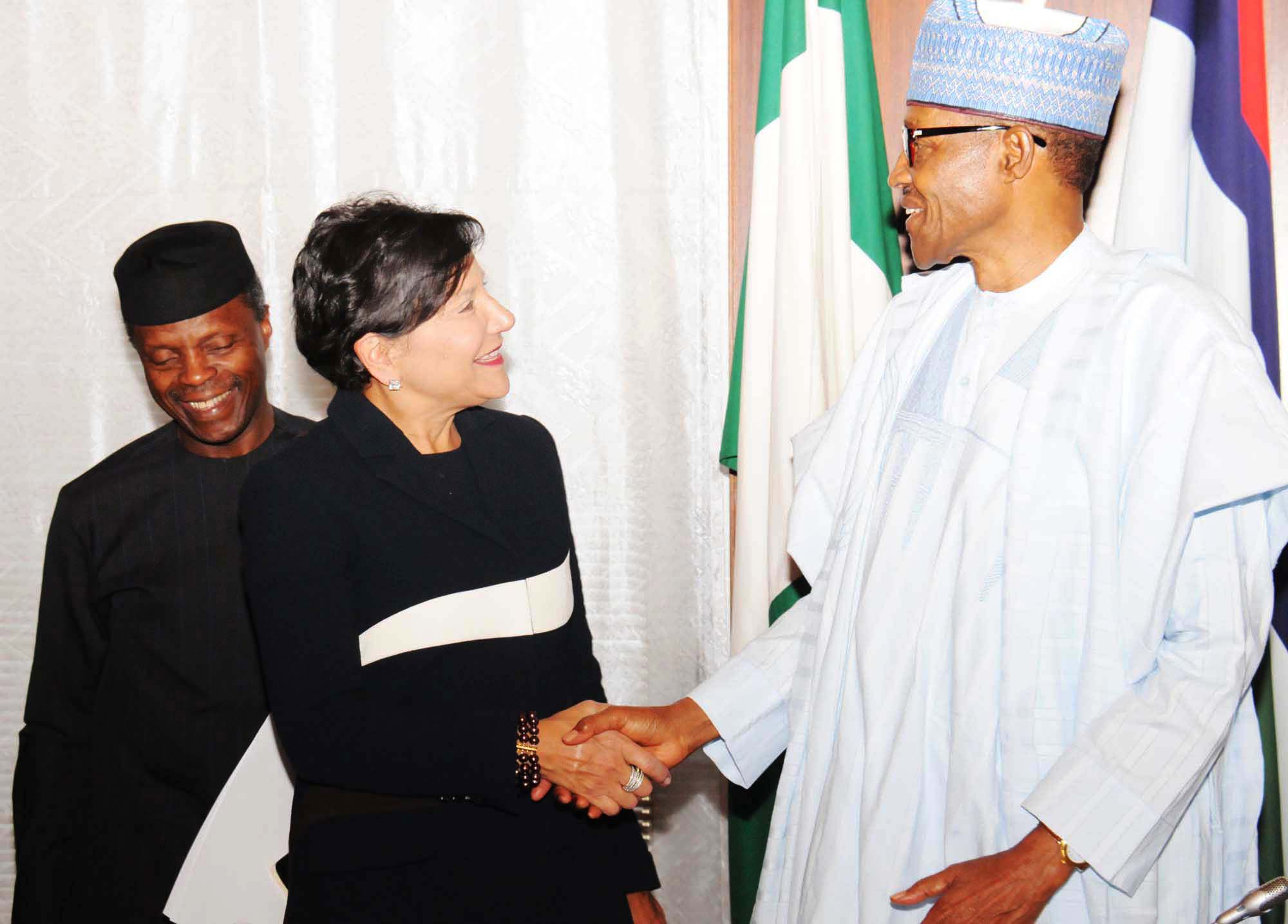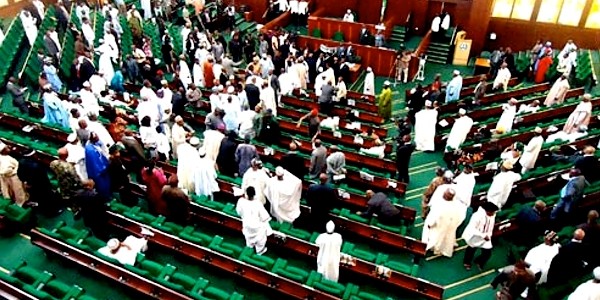It is indeed stimulating and worth mentioning that Nigeria has commenced an assessment exercise following the historic agreement reached by almost 200 nations in Paris in December 2015 which set targets for both the rich and poor countries on commitment to cut down global emission.
This unprecedented consensus also pointed to the need for improved effort against environmental challenges that constitute serious threats to the existence of humans, animals and plants around the world.
Interestingly, Nigeria, who evidently is a party to this agreement but whose usual lethargy on salient national and global issues has always riled her citizens and created reasons for doubts, appears to have gotten its act in place. At least judging by the observation of the step recently taken by the minister of environment, Mrs. Amina Mohammed, one could soundly deduct that desirable action plans and outcomes are not far away.
I actually found it pleasantly astonishing when a friend, Hon. Abel Enikanologbon, an executive member of the immediate past administration at the Yaba Local Council Development Area (Yaba LCDA) and a community development expert, shared with me the details of a recent visit of Mrs. Mohammed to the Makoko community, one of the slums in the Lagos metropolis which is located within the Yaba LCDA.
Advertisement
Don’t blame me. My amazement on the visit of the minister, especially to a place like Makoko that is synonymous with abject poverty, chaos and filth, is premised on the routine work of many Nigerian leaders that is ever focused on the affluent and big contractors in beautiful ambience.
Also I’ve had a long study about the poor and their relevance in most developing democracies especially in Africa. Usually, the poor are only accorded a fitting feature on development policies and statistics that will ultimately influence budget allocations and attract foreign donations which ironically will end in the pockets of the rapacious power elites. The attitude of the government towards the masses has never been anything close to compassion. So you will wonder when a “whole” minister (to borrow the grandiose prefix popularly used in Nigeria to accentuate relevant political positions), and a posh-looking one like the minister of environment, Amina Mohammed, is seen roving in a wobbly wooden boat to inspect areas of environmental dangers by herself.
In reality, and in more advanced climes, development actions are no longer remote affairs, or literature-based. It’s now like the business of the 21st century where the CEOs have ditched the swirling chair and the expansive office to physically lead actions and make recommendations from assessments conducted on the field.
Advertisement
Here is where I reckon the minister would do well on her mandate if she continues on this path. Presumably, the pitiable state of the people of Makoko, a riverine area, and other impacted sites that the minister visited in Lagos state, being the first stage of the assessment, and the environmental hazard posed by living in such densely-populated and deplorable human habitations will offer some valuable inputs in the establishment of a workable action plan to protect the environment and safe lives.
Consequent upon the Paris agreement on climate change the minister said that we now have a once-in-a-lifetime opportunity to change the way we do things, and Nigeria will be at the fore-front of demonstrating what initiatives can work. She also indicated that Nigeria is willing to take a regional lead by taking a bold and courageous Intended Nationally Determined Contributions (INDCs) that seek to ensure that our economy continues to grow while reducing our carbon emissions.
If nothing yet, the Paris conference has sent a strong warning that the world is gradually looking away from fossil fuel, and especially its negative impact on the environment. And fortunately too, the pains from the plummeting oil price, which is making oil-dependent countries like Nigeria to groan continuously, should give way to more creative means in fostering economic growth and development.
Even though Nigeria is not in the league of the world’s top polluters, the Paris conference, as previously stated, reaches beyond the issues of carbon emissions. It reasonably points to wider issues of environmental protection and justice.
Advertisement
I believe with the experience of the minister in those areas inspected in Lagos, the threat of ocean surge to coastal communities will be more palpable to her than ever before. And on the flipside, the consistent troubling of sea life through indiscriminate disposition of all forms of wastes into the ocean will also give a cause for great concern.
It should also be noted that places like Makoko present a fertile ground for breeding rodents which are the carriers of the Lassa fever virus. With no access to clean water, decent housing or waste disposal, one can only hope against the break out of such dreaded virus in the city. The health challenge of such can just be better imagined, as the shocking incidence of Ebola which in Lagos is still fresh in the minds of many.
Little wonder that Makoko is used to highlight the challenges of global coastal regions as evident in the “Sustainable Development Goals and the Role of Research: A Focus on Coastal Regions” conference organised by the influential Volkswagen Foundation in Germany, 2015.
However, Nigeria still has the capacity to turn things around for good. And I strongly believe so. But for this to happen, especially for the attainments of the ambitious INDCs, just like the newly adopted Sustainable Development Goals (SGDs), there should be wider movements similar to the minister of environment’s assessment action, improved inter-ministerial engagements amongst the ministers on critical national and global matters and cultivation of robust interactions with relevant non-state actors including the NGOs in achieving swift and better results.
Advertisement
Views expressed by contributors are strictly personal and not of TheCable.
Add a comment







